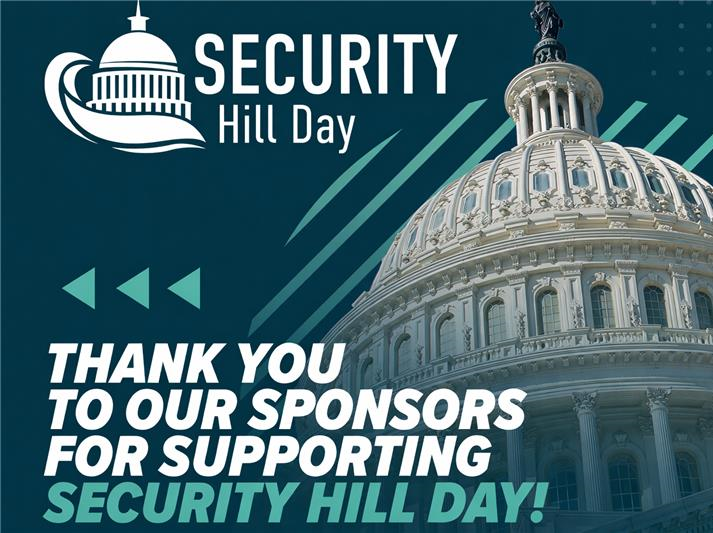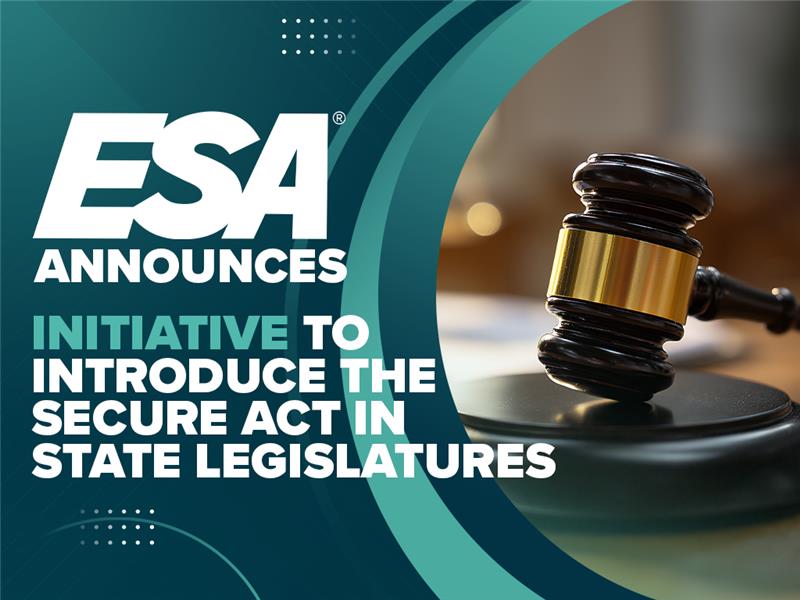‘Repeal and replace’ was a campaign promise from many (including the sitting President) for the looming failure of the Affordable Care Act (ACA), aka “Obamacare”, but as is usually the case, congressional leaders have not come up with a way to repeal or replace the ACA to date.
But, there may be some glimmer of hope for small group employers and sole proprietors who are finding their health insurance go up almost exponentially every year. ‘Repeal and replace’ was a campaign promise from many (including the sitting President) for the looming failure of the Affordable Care Act (ACA), aka “Obamacare”, but as is usually the case, congressional leaders have not come up with a way to repeal or replace the ACA to date.
But, there may be some glimmer of hope for small group employers and sole proprietors who are finding their health insurance go up almost exponentially every year.
The resolution to small business health plans is being sought on two fronts. As most know by now, President Trump issued an executive order (EO) that will lay the ground work for regulatory relief that have hindered trade associations and other groups from combining their employee groups to form large employer plans that will have better rates and negate negative health history issues that often make health insurance for small employers unaffordable.
His EO directs the Departments of Treasury, Labor and Health and Human Services to review key regulations that make the formation and viability of Association Health Plans (AHP) nearly impossible, as interpreted today.
The other front is legislative. On September 14th, Senator Mike Enzi (R-WY) filed S. 1818 titled the “Small Business Health Plans Act of 2017” and the concept behind this bill is receiving considerable attention as it tries to tackle the same problem with legislation.
This bill, would provide multiple, unaffiliated small employers to pool their employees to purchase health insurance in the large group market. It also provides for multi-state participation so that employers and groups can join the large group plan from multiple states.
A trade association that represents a group of small businesses may serve as a “Plan Sponsor” in this bill. The provisions require that any employer who is a member must be allowed to participate in the plan and that the rates offered any employer may not vary based on health status-related factors of employees or their dependents (non-discriminatory).
Both the EO issued by President Trump and S. 1818 target the same end through different means. Another vocal proponent of this concept is Senator Rand Paul (R-KY) who recently said, "If [consumers] can join large groups, get protection and less expensive insurance…it will solve a lot of problems in the individual market."1
The keys that will make this prospect a reality are multi-state participation, pooling small employer groups to obtain large group rates and removing institutional and regulatory roadblocks that hinder market-based solutions.




